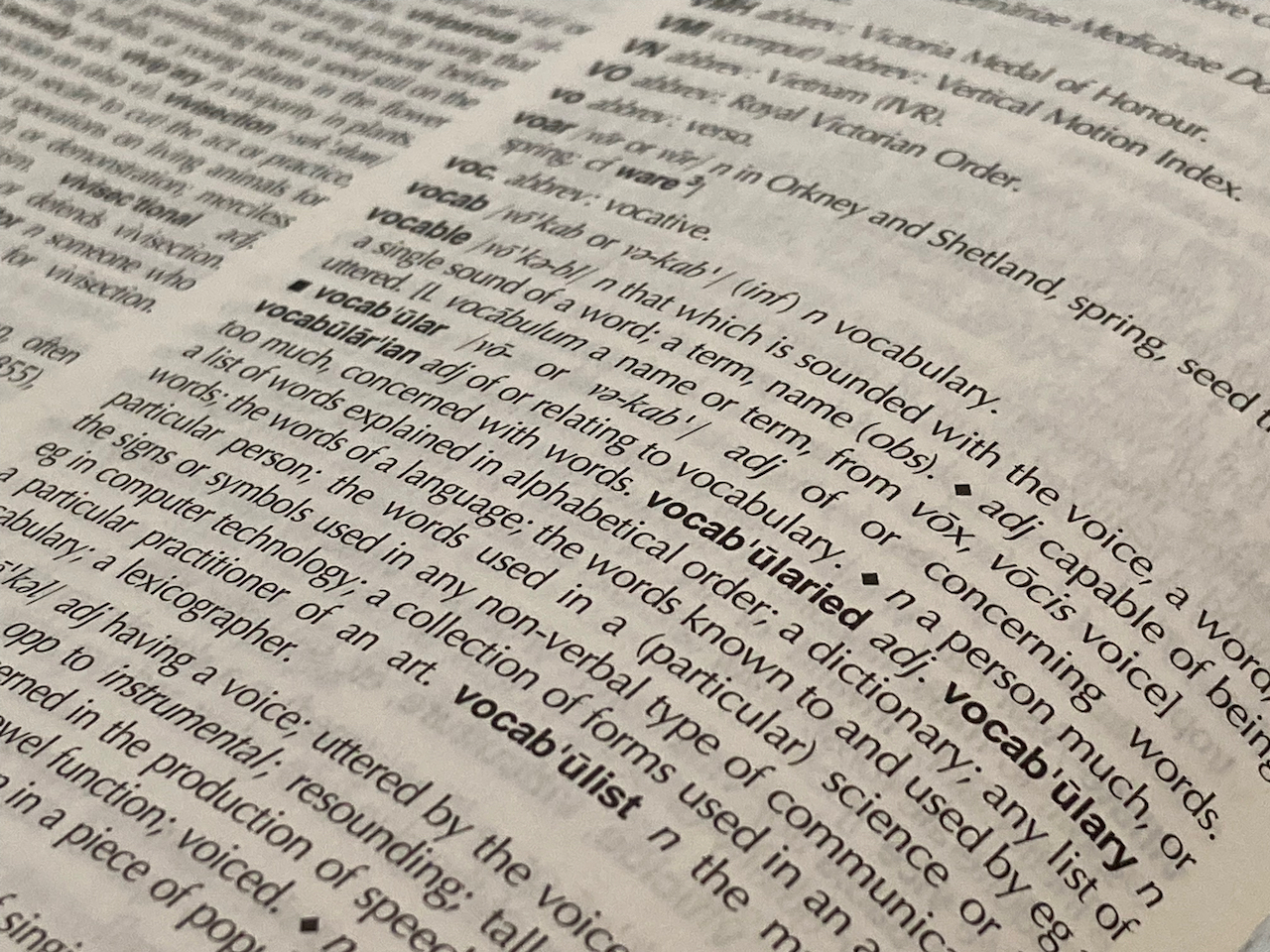
Perk
Short for *perquisite*. A casual or secondary benefit.
I hate being wrong. Probably no one likes it very much. I know that being wrong is part of the scientific process and that many scientists delight in being wrong. I can relate to that. I tend to love new discoveries. But new discoveries also tend to be something I’ve intentionally questioned, perhaps even knew I did not know. I get frustrated when I discover that something I was absolutely certain was true simply is not so.
In the case of perquisite I have often held that the proper way to shorten the word to an informal version was to take the first four letters: perq. It has grated on me to see in print people spelling the word for a fringe benefit with a k as in «the job has its perks».
Today having read the word in Git for Humans by David Demaree I decided I ought to look it up and see if either of my handy dictionaries included perk as an alternate spelling. I half suspected that neither perk nor perq would appear.
Imagine my surprise to learn that both Chambers and OED list perk as an alternative to perquisite. Neither lists perq at all. To add further insult, Oxford American lists perquisite as a formal alternate to perk rather than the other way around.
What irks me about it is that perq seems most logical. Spelling it with a q differentiates the word from the other meanings of perk, and is actually a truncation of the spelling, requiring no addition of letters absent from the original word. But languages’ logic does not always follow a direct path.
Ain’t that an understatement?